
Just like humans, a pet’s health can sometimes change in the blink of an eye. New foods, changes in household environment, maturing pets, weather, stress – so many things can affect your pet’s overall well-being at different stages of their lives. The only difference is they cannot tell us when they are hurting or not feeling good. You may notice a change in behavior, eating habits or vocalization but you’re often left guessing what the underlying cause is, or if there is even one. If you ever notice any unusual variation in your pet’s behavior, a phone call to your vet or a vet visit would be suggested. Many vets often state that by the time a pet is showing outward signs of an illness, it sometimes can be too late for effective treatments for some conditions. Be in tune to your animals, they really can show you with subtle behavior changes over time that are out of character.
Many people know to take their pets to the vet in an emergency, but there are many personal and professional opinions on the frequency of taking your pets in for wellness exams and vaccines. For all your pets, especially senior animals, have a conversation with your vet to determine what’s best for your animal(s). Based on your pet’s overall health and medical condition, a detailed conversation with your vet can help you develop a game plan that will work best for your pet(s) & you. This will vary from animal to animal, and with vets as well.
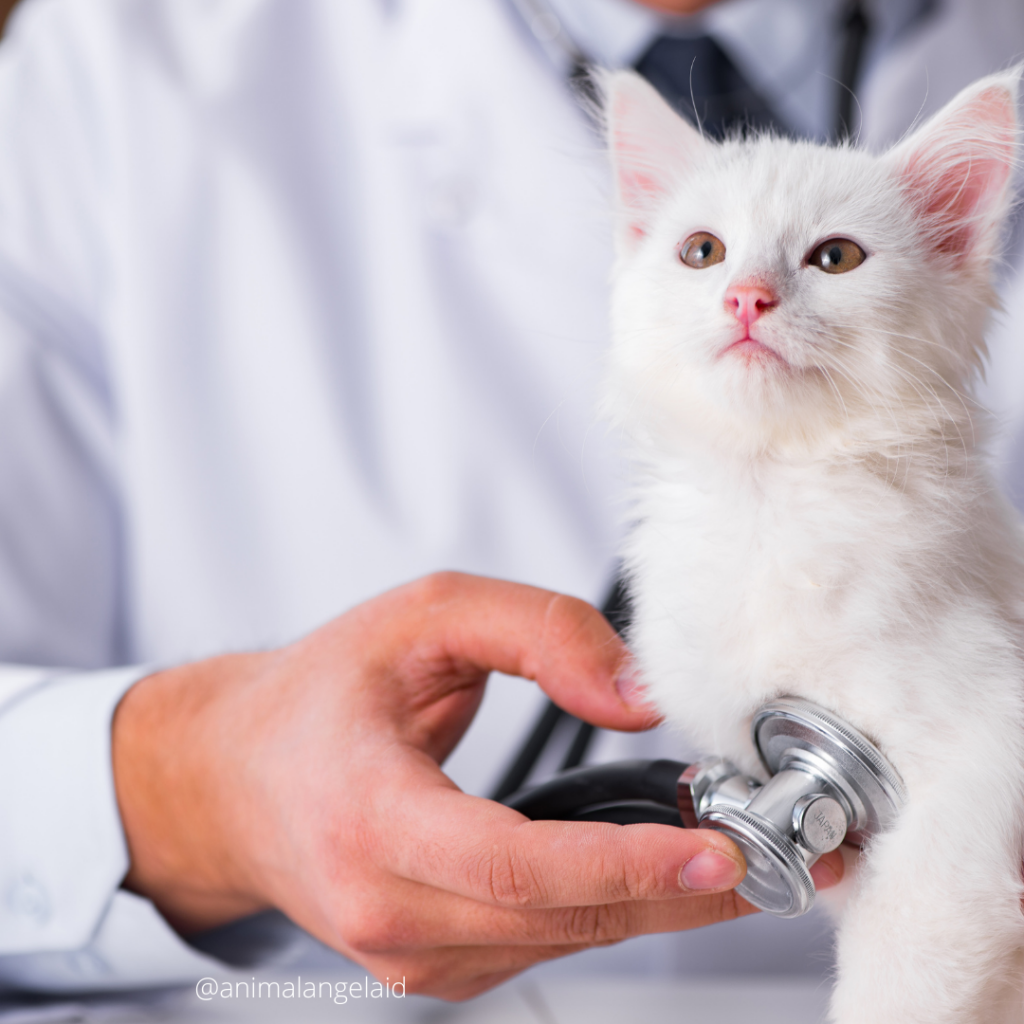
There are no such things as silly questions….you are the voice for your pet. If you don’t understand a new diagnosis or proposed procedure or treatment, ASK QUESTIONS until you are comfortable enough with the information at hand to make an informed decision. You should trust your vet enough to determine what’s absolutely necessary and what’s preventative. Again, ASK if you don’t understand.
So are annual visits necessary if your pet is healthy?
Crazy as it seems, this answer will vary between licensed veterinarians and often within the same practice. Ask your vet directly what is best for your fur children. In general, an annual examination allows your vet to get the full picture of your pet’s health, from their heart to their lungs to their teeth and bone structure. Going annually will provide your vet the opportunity to notice subtle changes from year to year and address concerns as they arise. Catching an illness or disease early can hopefully help extend your pets life and keep them with you as long as possible.
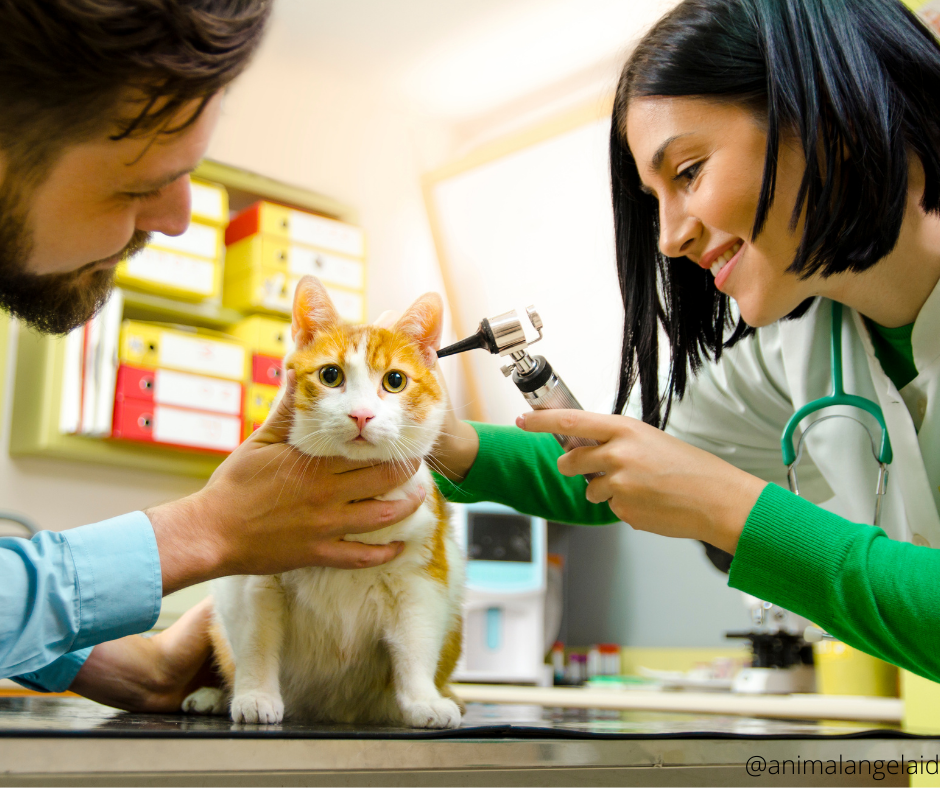
In addition to the general wellness exam, your vet may recommend yearly vaccinations to help prevent against dangerous, potentially fatal diseases and illnesses. Your veterinarian will evaluate your pet’s overall health and medical conditions to determine if they can receive the following vaccinations. In some cases, your vet may determine that your pet is not a candidate to receive a vaccine due to age or underlying medical conditions. It should be noted, that some counties and jurisdictions also require certain vaccines for required pet registrations/licenses. If you are uncertain of your local laws pertaining to owned pets, contact your local government office and inquire. If there are underlying medical conditions that prevent your animals from getting county required vaccines, ask your vet to write a letter on their practice letterhead. This will hopefully help with a medical exemption to county pet licensing rules if your pet falls into this category.
For cats, your vet will recommend if yours should get the following vaccinations:
- Rabies (this is offered as a 1 or 3 year). Ask the pros & cons or do your own research to determine what you feel is the best option for your cat.
- FVRCP- also known as “distemper” vaccine. Depending on the age of the kitten/cat, this could be a single or a series of boosters over a specific period of time.
For dogs, your vet will recommend which of the following vaccinations are best for your pooch:
- Rabies
- Distemper
- Leptospirosis
- Lyme
- Bordatella
- Canine Influenza
If your pet is generally healthy but getting along in years, your vet might also recommend routine bloodwork that can be done to establish a baseline for your pet’s health as they age, or to monitor certain current health concerns or changes.
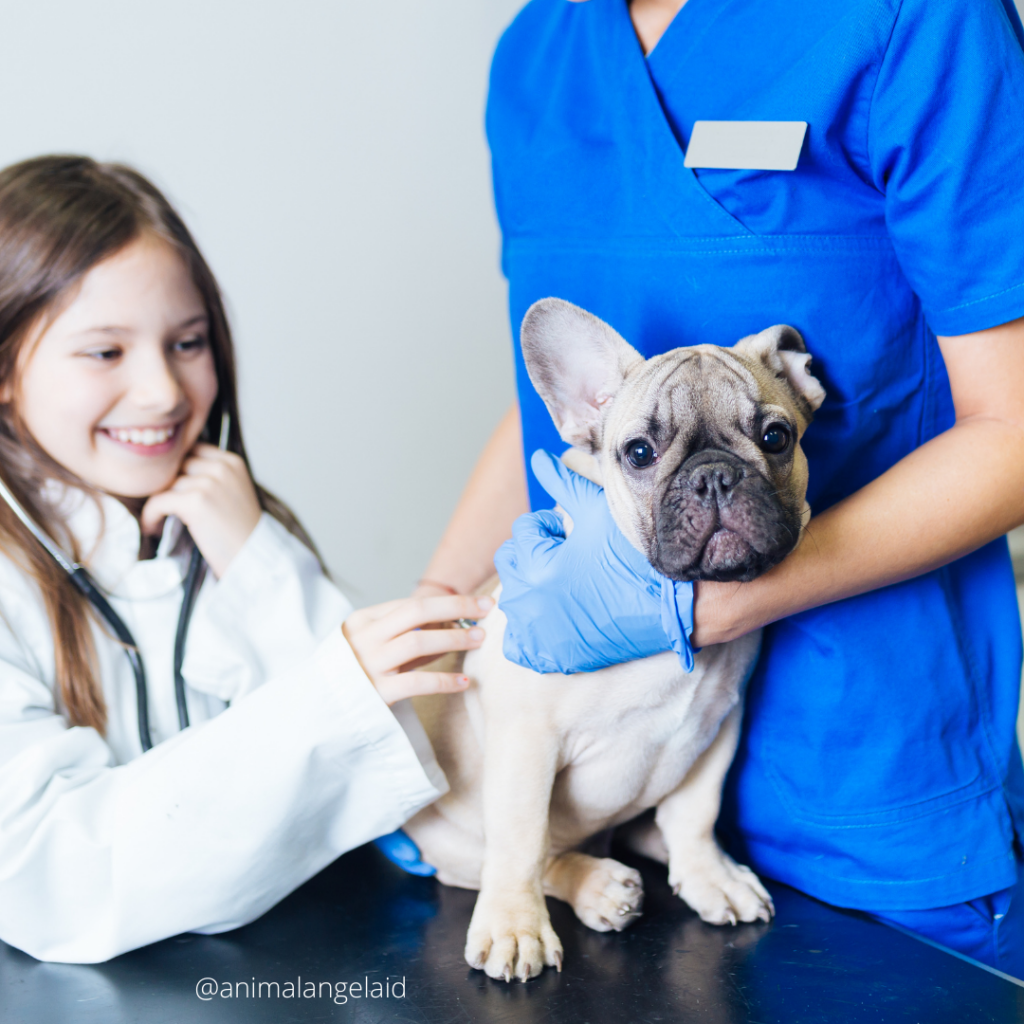
At the end of the day, your pet is your heart and your family member. They are depending on you to give them the best care they need to stay healthy and well. Do your due diligence and your homework to look into the pros & cons of vaccines, if you have concerns. Remember, there is a big wide world often with so many different opinions even from licensed vets. The best option is to find a vet/practice that you trust and know that you can ask as many questions as you need. It’s your prerogative to get all the answers that give you comfort knowing the decisions you make on behalf of your beloved furballs are the best choice possible.
If you get a new medical diagnosis about your pet’s health, you can always opt for a second opinion. Same for treatments & procedures. Be an educated pet owner. Today, there are so many different options for pet care, from traditional veterinarian practices to holistic approaches incorporating acupuncture, lasers, homeopathy, and more. The right approach is the one you have researched and are most comfortable with.
Just like human medical care, if you choose to skip annual exams and potential vaccines, your pet could be placed at risk. A great vet will not only treat your pet as their own, but take the time to guide you thru the process of pet care.
Pet care can get expensive, and times are a bit challenging for some, which is why some people also try to self-diagnose & avoid going to a vet at all. Maybe pet insurance is a more affordable route for you & your pet. Again, so many options available that require a bit of research on your part. Medical vs Dental or a combination of both – what’s best for you? Like people, there are options involving different deductibles, waiting periods and monthly premiums.
At the end of the day, you are your pet’s voice. Wishing your pet(s) health & happiness in this new year!
If you have questions about your pet’s general health or the need of vaccines, please talk to your vet practitioner for their medical advice and guidance.
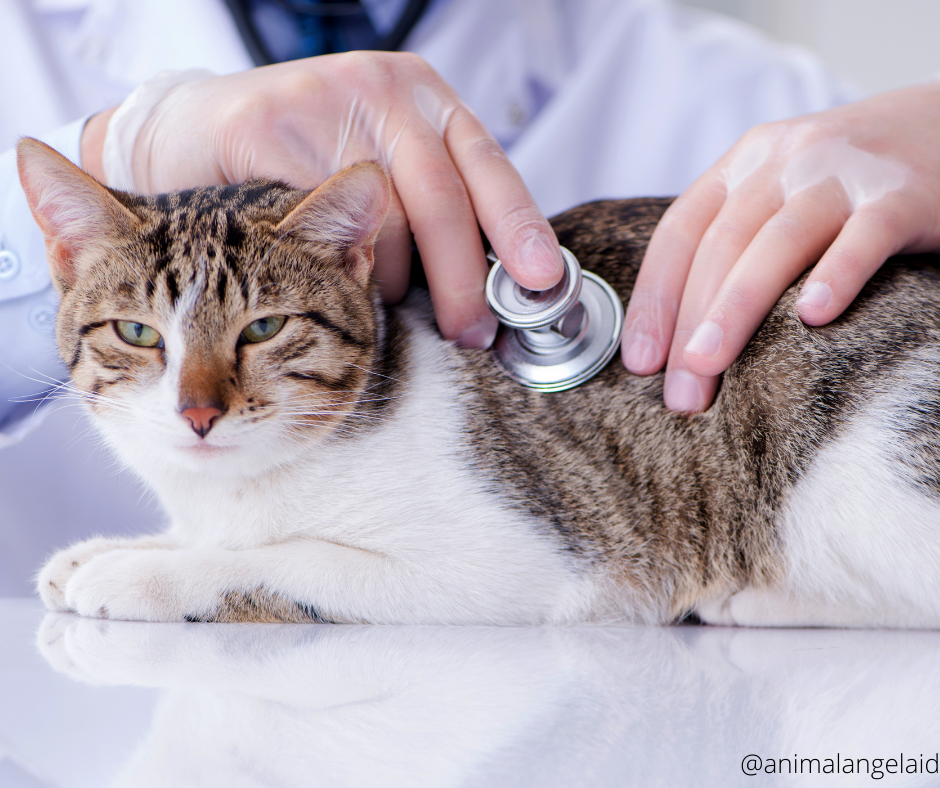

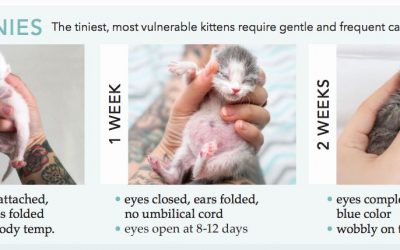


0 Comments